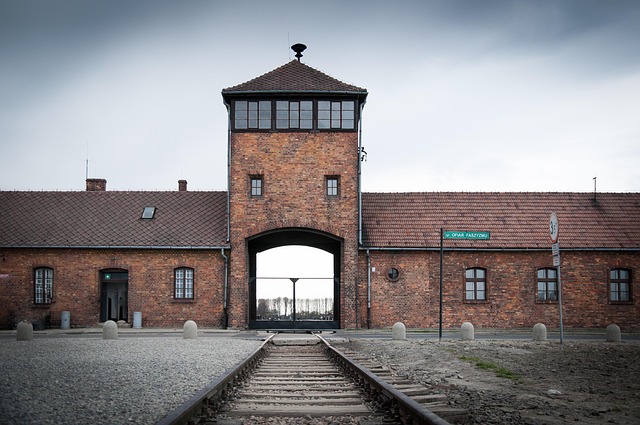In recent years, the link between genocide and environmental degradation, particularly deforestation, has become increasingly evident. As society grapples with the horrors of violence and persecution, it is crucial to also recognize how these events intertwine with the health of our planet. The climate crisis exacerbates the devastation, creating a vicious cycle that threatens both humanity and the environment.
Deforestation has far-reaching consequences that extend beyond the immediate loss of trees. Forests are vital ecosystems that not only provide habitats for countless species but also act as crucial carbon sinks, absorbing CO2 from the atmosphere. The destruction caused by genocide—whether through large-scale displacement of populations or deliberate attacks on natural resources—further accelerates the degradation of these essential systems. This loss results in increased greenhouse gas emissions, contributing to climate change, which disproportionately affects vulnerable communities.
As climate change progresses, its impacts ripple through ecosystems and human societies alike. Increased temperatures and erratic weather patterns can lead to resource scarcity, provoking further violence and instability. In regions where genocide and ecocide intersect, the fight for survival becomes increasingly difficult. Communities previously reliant on forests for food, medicine, and shelter are stripped of their means of existence, leaving them more susceptible to the atrocities of war and persecution.
Moreover, the exploitation of natural resources often accompanies genocidal campaigns. In many instances, deforestation is tied to the extraction of minerals, oil, and timber, all of which become engines of conflict. As armed groups vie for control of resource-rich lands, the environment pays a heavy price. The resulting destruction not only devastates local populations but also compromises global efforts to combat climate change.
The cries of those who have suffered through genocide are echoed in the shouts of a planet in distress. We cannot afford to ignore the intersection of human rights and environmental stewardship. Each deforested acre represents not only the loss of biodiversity but also a potential increase in human suffering. As stewards of this Earth, we have a responsibility to advocate for policies that address these dual crises—protecting both our environment and the rights of individuals.
We must stand up against the systematic destruction of our planet and support movements that champion both ecological justice and human rights. This means pushing for sustainable development, better resource management, and an unwavering commitment to peacebuilding in regions plagued by violence. Only by fostering a holistic understanding of the urgent challenges we face can we hope to build a healthier, more equitable world for all.




